Related Research Articles

Louis Charles Augustin Georges Trenet was a renowned French singer-songwriter who composed both the music and the lyrics to nearly 1,000 songs over a career that lasted more than 60 years. These songs include "Boum!" (1938), "La Mer" (1946) and "Nationale 7" (1955). Trenet is noted for his work with musicians Michel Emer and Léo Chauliac, with whom he recorded "Y'a d'la joie" (1938) for the first and "La Romance de Paris" (1941) and "Douce France" (1947) for the latter. He was awarded an Honorary Molière Award in 2000.
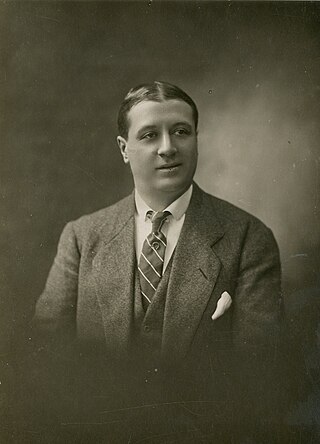
Jules Auguste Muraire, whose stage name was Raimu, was a French actor. He is most famous for playing César in the 'Marseilles trilogy'.

Jehan-Aristide Paul Alain was a French organist, composer, and soldier. Born into a family of musicians, he learned the organ from his father and a host of other teachers, becoming a composer at 18, and composing until the outbreak of the Second World War 10 years later. His compositional style was influenced by the musical language of the earlier Claude Debussy, as well as his interest in music, dance and philosophy of the far east. At the outbreak of the Second World War, Alain became a dispatch rider in the Eighth Motorised Armour Division of the French Army; he took part in the Battle of Saumur, in which he was killed.
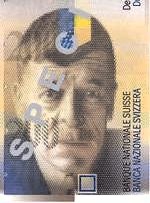
Charles Ferdinand Ramuz was a French-speaking Swiss writer.

Viviane Romance was a French actress.

Germaine Sablon was a French singer, film actress and a WWII French Resistance fighter.

Henri Jules Charles Petiot, known by the pen name Henri Daniel-Rops, was a French Catholic writer and historian.
Maurice Jaubert was a prolific French composer who scored some of the most important films of the early sound era in France, including Jean Vigo’s Zero for Conduct and L'Atalante, and René Clair’s Quatorze Juillet and Le Dernier Milliardaire. Serving in both world wars, he died in action during World War II at the age of 40.

Robert Le Vigan, was a French actor.
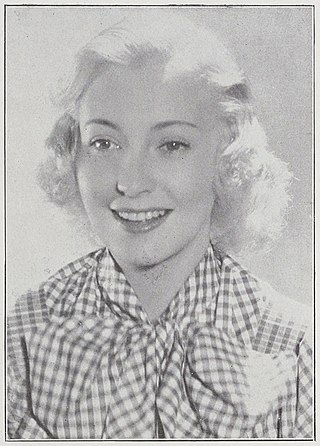
Josseline Gaël was a French actress who specialised in comedy roles. She is best remembered for her portrayal of Cosette in the 1934 film adaptation of Les Misérables. Her daughter with Jules Berry, Michèle, became a renowned art dealer.

Mireille Césarine Balin was a French-Italian actress.
Milly Mathis was a French actress who appeared in more than 100 films during her career. Born on September 8, 1901, as Emilienne Pauline Tomasini in Marseilles, France, she made her film debut with a small, uncredited role in the 1927 German film, Die Liebe der Jeanne Ney. Most of her parts would be in featured or supporting roles. Her final performance would be in a featured role in French film, Business (1960). She was also an occasional performer on France's legitimate stage. She died on March 30, 1965, in Salon-de-Provence, France, and was buried in the Cimetière Saint-Pierre in Marseilles.
Jean Vallée was a French film director, screenwriter and ran an art-house cinema theater L'Œil de Paris. He was credited for directing the first two French films in color.
Jacques Deval was a French playwright, screenwriter and film director.
Amédée Ferdinand René Pujol was a French screenwriter, film director, and librettist.
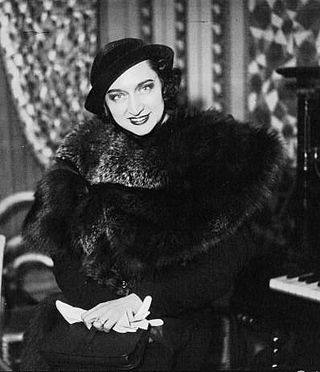
Lys Gauty was a French cabaret singer and actress. Her most significant work came in the 1930s and 1940s as Gauty appeared in film, and recorded her best-known song, "Le Chaland qui passe", which is an interpretation of an Italian composition.
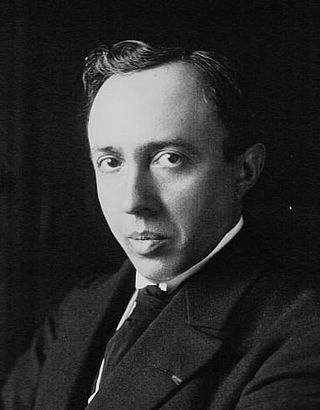
Raymond Escholier, real name Raymond-Antoine-Marie-Emmanuel Escolier, was a French journalist, novelist and art critic. He was curator of the Maison de Victor Hugo and of the Petit Palais.
Louis Alfred Doumet, known by his stage name of Doumel, was a French actor and comedian active in the inter-war years.
Robert Planel was a French composer, music pedagogue and violinist.
Léo Chauliac, né Léon Chauliac, was a French jazz pianist, composer and conductor.
References
- ↑ Crisp p.151
- 1 2 3 "BnF Catalogue général". catalogue.bnf.fr (in French). Retrieved 2020-09-30.
- ↑ "Jane Bos". IMDb. Retrieved 2019-11-18.
- ↑ "Ciné-ressources : le catalogue collectif des bibliothèques et archives de cinéma". www.cineressources.net. Retrieved 2020-09-30.